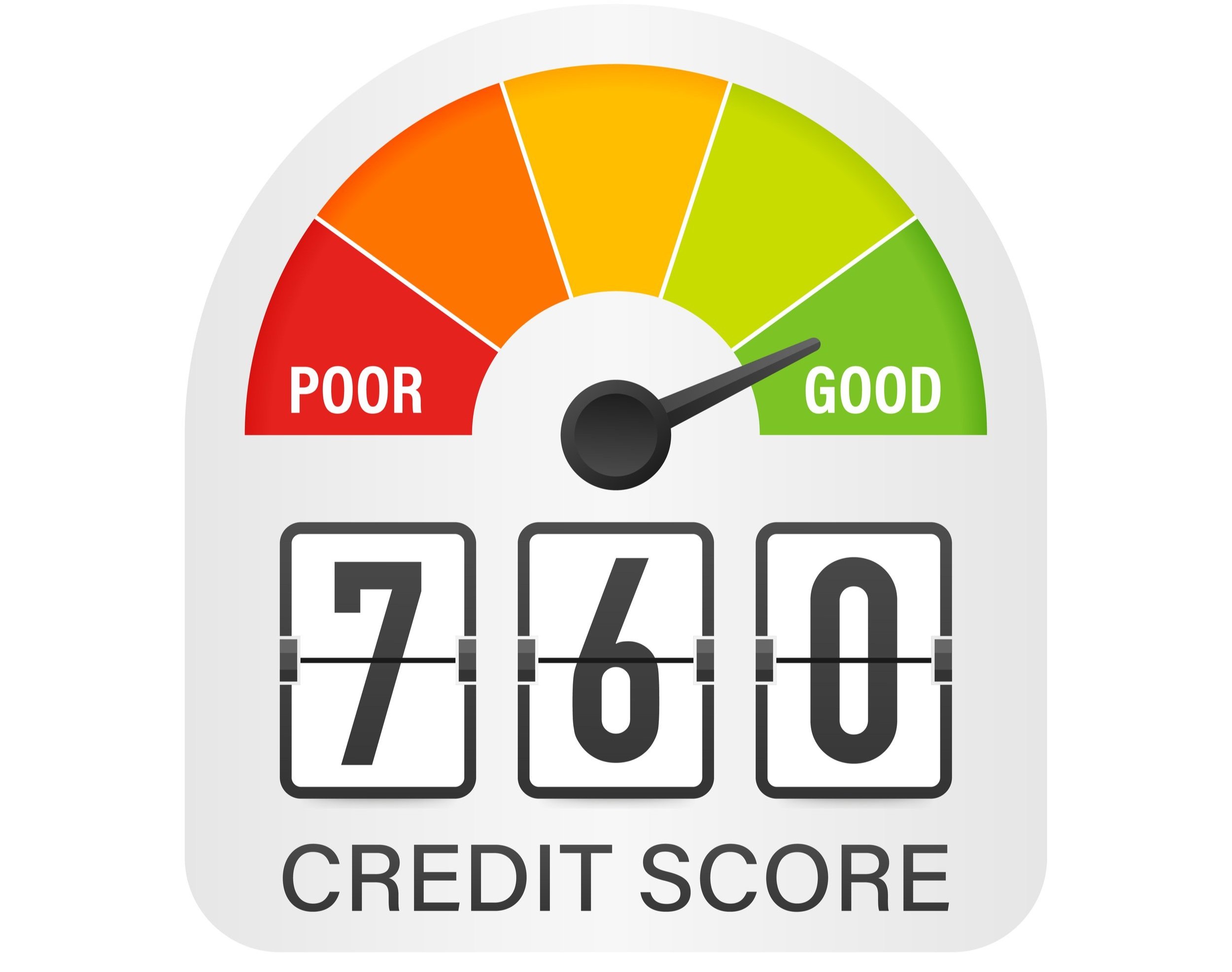9 Reasons You Need a 760 Credit Score
Most of those familiar with or becoming familiar with the U.S. personal finance system understand that you not only need a credit score but a "good" credit score. But why do you need a good credit score, and exactly how good?
We'll explain credit score ranges, what credit score you should aspire to, why you need that score, and how you can get there.
Credit score ranges
Credit scores range from 300 to 850:
Poor: 300-579
Fair: 580-669
Good: 670-739
Very Good: 740-799
Excellent: 800-850
Anyone new to credit can have a "thin" credit file. That doesn't mean their credit is good or bad; it means that they don't have enough credit history to compile into a report and calculate into a score. New immigrants to the U.S. often have thin credit files as credit history from other countries typically doesn't translate to the U.S. credit system.
Where to aim
You don't need to try and reach a credit score of 850. Even if you achieve it, a credit score of 850 won't last long. Credit scores are always changing. Your score is made up of five factors, and as creditors and potential creditors report new information to the credit bureaus that compile credit histories and calculate credit scores, your score will fluctuate.
The credit score you want to achieve is 760 or above. That gives you 90 points worth of room to fluctuate. Now let's see why a score of 760 or better is so important.
Demonstrates financial stability
Your credit score shows potential lenders, landlords, and in some cases, employers, that you are financially responsible. A high credit score shows that when you make a financial commitment, you honor it.
Shows creditworthiness
Any time a creditor extends credit to you in the form of a lease, a loan, or a credit card, they are taking a risk. You could stop paying rent, default on the loan or credit card, or declare bankruptcy, meaning they would recoup little or no of the money you owe them.
A 760+ credit score shows these lenders that you are a low-risk borrower, and that means you have increased loan approval chances.
Lower interest rates
This is the big one. Those with credit scores of 760+ will get low-interest rates compared to those with lower scores. Interest rates are the cost of borrowing money, and even a small difference in percentage points can save hundreds and even thousands of dollars over the life of a loan.
Credit card approval
Credit cards often get a bad rap in the world of personal finance but used correctly, credit cards can be a great financial tool. Credit cards can help you build credit, give you cash back on your purchases, offer consumer protections, and provide great travel perks.
Those with credit scores of 760+ not only have better approval cards when applying for credit cards but will have access to premium cards that offer all the fun and valuable perks.
Better insurance rates
Insurance companies are in the business of risk, and the more they lower their risk, the fewer premiums they have to pay out, meaning they're more profitable. One of the things insurance companies look at when assessing the risk of a potential client is the credit score. A 760+ credit score can mean lower rates for home, auto, and other types of insurance.
Employment opportunities
Most employers don't check a potential employee's credit score. Credit checks are typically done in jobs that handle sensitive customer information like personal or banking details, cash, and some government jobs.
Those with credit scores of 760+ may have an edge over candidates with lower scores.
Housing approval
Nearly all landlords and property management companies will do a credit check (and sometimes a criminal background check) on applicants. A 760+ score can help improve your odds of being approved for an apartment or rental home.
Utility services
Some utility providers (electric, gas, water, trash, cellular service, internet/cable) will do a credit check on new customers. You don't need a 760+ score to receive services, but those with low scores or thin credit files may be required to provide a deposit before receiving services.
Access to financial services
Just like credit cards, those with the best credit scores may be offered premium financial services that others don't have access to. These services can include investment accounts and high-yield savings accounts. Others may access these accounts, too, but those with higher credit scores may be offered more favorable terms.
Build credit with Upwardli
Whether you are new to credit or need to improve your credit score, Upwardli can help! We know how vital credit history is and how difficult it can be to improve your credit after a negative mark on your report.
That’s why we created our own credit builder plan. You’ll get instant pre-approval with no credit check and no deposit. Each account includes a line of credit designed to help you build credit quickly as we report your progress to the credit bureaus.
Upwardli has also created dozens of helpful resources to help you learn the ins and outs of the U.S. financial system.


